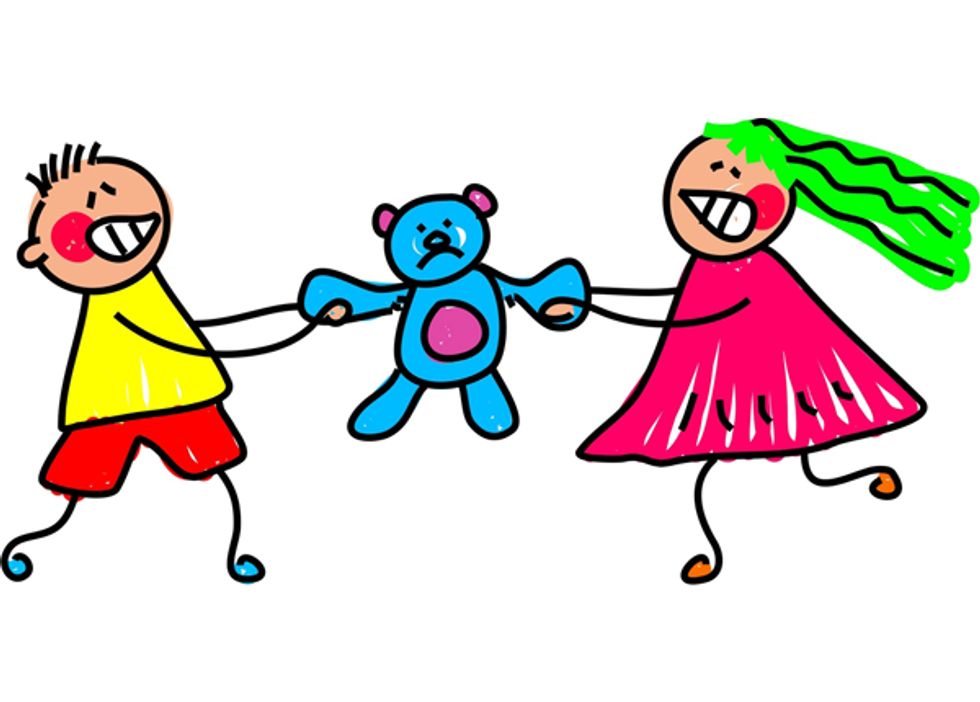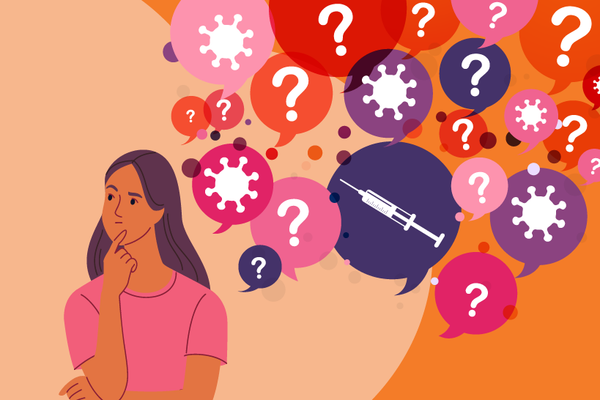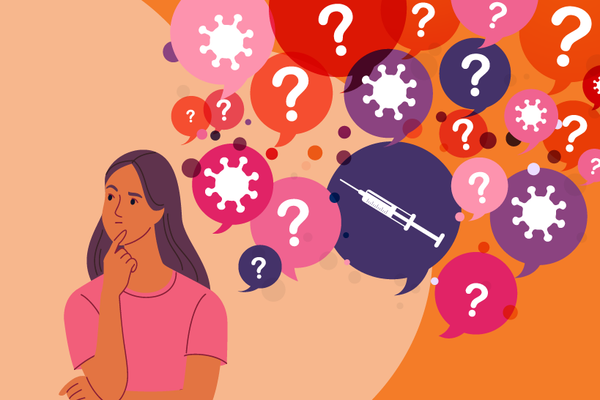You're chatting with another mom at the playground when you suddenly hear a child crying. Uh-oh. The other mom's son is clutching his arm in pain, and you know what happened—your son hit him when he went down the slide first. You can't hustle out of the park fast enough.
It's upsetting to know that your child hits, but remember that it's normal behavior. Toddlers don't always have the ability to communicate how they're feeling, which frustrates them. Or maybe they can talk but don't have the right words or ability to solve problems.
So, kids this age get easily impatient, frustrated and upset. They act out or try to get what they want by relying on hitting as their form of communication. And then, they don't realize that hitting can hurt someone. And, because they don't understand, they show no remorse for their actions.
This aggressive behavior is generally temporary and just a stage. Your child will outgrow it as he matures and learns that his aggressive actions can hurt someone. But for now, follow these tactics to try to nip hitting in the bud.
- Remove him from the situation immediately. As soon as your child hits (or if you can stop him as his hand goes up), take him away from the situation right away. Get him to relax by having him run around outside or take a few deep breaths. Once he's regained his composure, explain what he did wrong clearly and simply. (Don't overexplain, because he won't understand a complex explanation.) Calmly say something like, "No, we don't hit. It hurts.” Do so every time your child your child hits so you consistently preach the same lesson that hitting isn't OK.
- Remove the fought-over object. Toddlers don't understand the concept of sharing. If they're arguing over a toy and your son hits his friend in the process, take the toy away. Distract or redirect them by giving them each one of the same toy to play with.
- Praise good behavior. When your child does wait in line at the park for his turn on the slide or acts gently when he wants something, note that good behavior. Continuous positive reinforcement will perhaps inspire him to act better in the future.
- Be on the offensive. Take note of the scenarios that trigger your child's hitting. It's possibly associated with a certain time of day—like before naptime or bedtime when he's tired or near mealtime when he's hungry. Around these times, be prepared for potential hitting episodes. Consider doing some "hand holding." Before a play date, for example, you can have him set aside some toys that specifically are or aren't for a play date (or ones that you know kids squabble over) to prevent problems.
- Stay calm. It's hard for you to keep your cool, especially if your child has hit you. But when you get upset, yell or hit back, kids may think that hitting is a good way to solve a problem. Remind yourself not to overreact; you're the adult and the role model. It's your job to show some self-control and not lose your cool.
If strategies like these don't work, reach out to your pediatrician or another health care provider. They can give you other ideas on how to handle your child's aggression.







